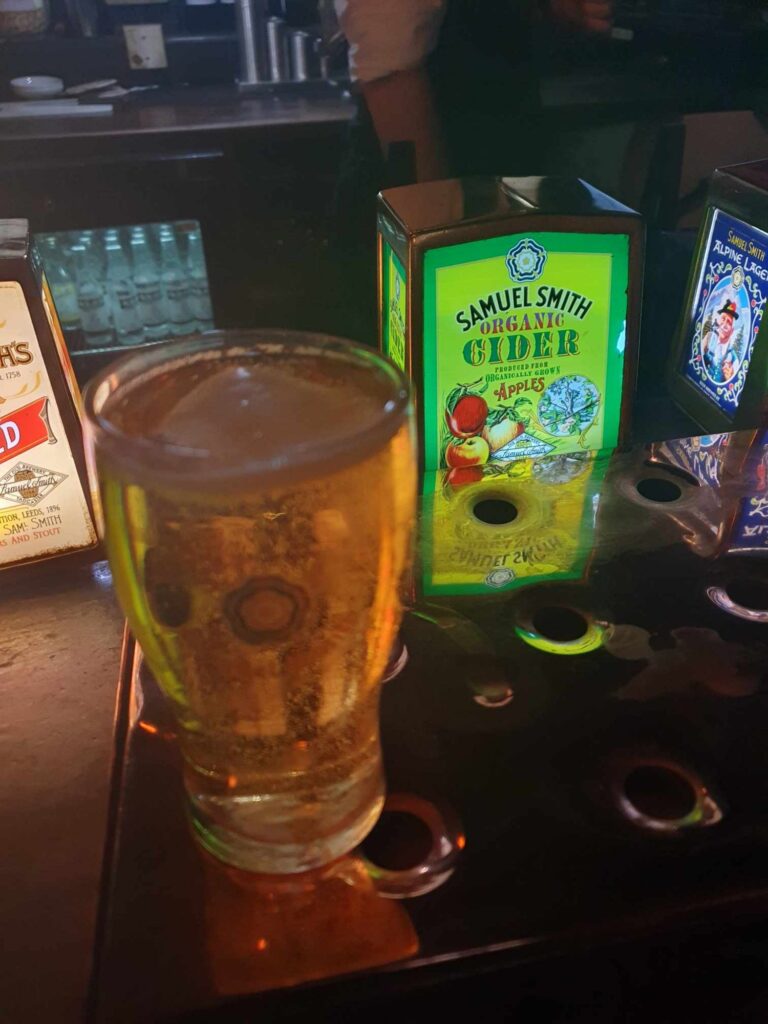The morning of my D3 exam, I was badly sleep-deprived, not that I had stood up the night studying. I’d just had a hard time falling asleep.
Three capsules down in the espresso machine one after another. The microwave clock said 7:15. Still early, still time to go over Austria, Portugal and Spain. I had a feeling they would pop up this time, simply because they hadn’t on the last exam in October 2024.
I also boiled myself two ramen eggs – solid whites with soft runny yolks. Now energy level up, let the study begin.
For an exam demanding voluminous details, I had created an Excel to get them organised and easier to read. So by study, I meant going through just the Excel. The book thick as a Tomahawk at this point served mothing more than an armrest.
Registration for the exam started at 10, but experience told me as long as I got there before 11, I would be fine. So I took my time.
Just before 10, I hopped on the tube. Central Line, like the rest of London Underground, smelt intensely smoky, exhausty. In many other cities, you could report air pollution to the authorities, in London, this is how the tube should be.
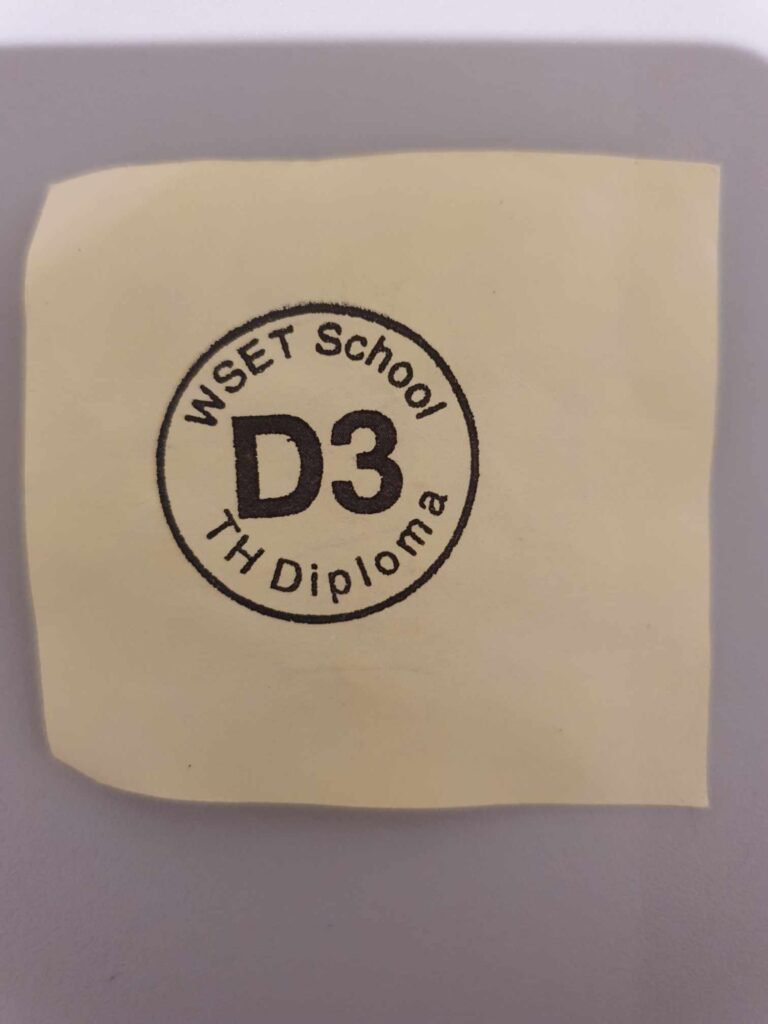
York Hall again. A venue with a retro, even abandoned, vibe, able to further dampen the already not-so-bright mood on an exam day. Been here twice before. The first two times I just loathed this sad, dated existence. This time, an inexplicable connection to it was felt somewhere deep inside me. Don’t get me wrong. This place was still sad, nor my mood was helped by its esthetics, yet an assurance that things would be fine arising from my familiarity with this place was comforting.
I had been wrong about Austria and Spain, but I almost shrieked when seeing Portugal on the paper.
Still, there was a catch. The fact that I had studied Portugal well enough still couldn’t guarantee a “Pass” answer to a question asking about this country. The question asked about the whole Portugal as a wine producer, not just about those better known regions like Douro, Dão and Vinho Verde, meaning in the answer all regions mentioned in the book had to be included.
In my brain I was quickly going through the less known regions such as Bairrada, Alentejo, Tejo, Lisboa and Península de Setúbal, to see if I had enough to answer about each of them. Bairrada and Alentejo yes, but the rest three seemed blurred.
If I skipped Portugal, I would be left with Marlborough, which I was not keen on. So I decided to go ahead with Portugal. My strategy was to answer as in detail as possible about the regions I was familiar with and to be generic about those blurred ones. I think in the end, I still answered this question much better than I could’ve done the Marlborough one.
But feeling confident is one thing, passing the exam or not is another. I’d had quite good confidence about my D4 exam, but then I did not pass. With WSET, you just never know.
The five questions out of seven I’ve answered were on Portugal, Hermitage versus Châteauneuf-du-Pape, Chianti Classico versus Brunello di Montalcino, Tokaji and Pinot Gris. I did my best.
No need to come back to York Hall the next day for tasting was great news. I had already passed this part last time.
The evening after the exam, I was at a seminar in East London about careers in wine. Nyetimber Classic Cuvee was served. I would’ve savoured it better had I not brushed my teeth just before getting there. The toothpaste’s mintiness heightened the fizz’s prickliness. Can’t say I disliked it.
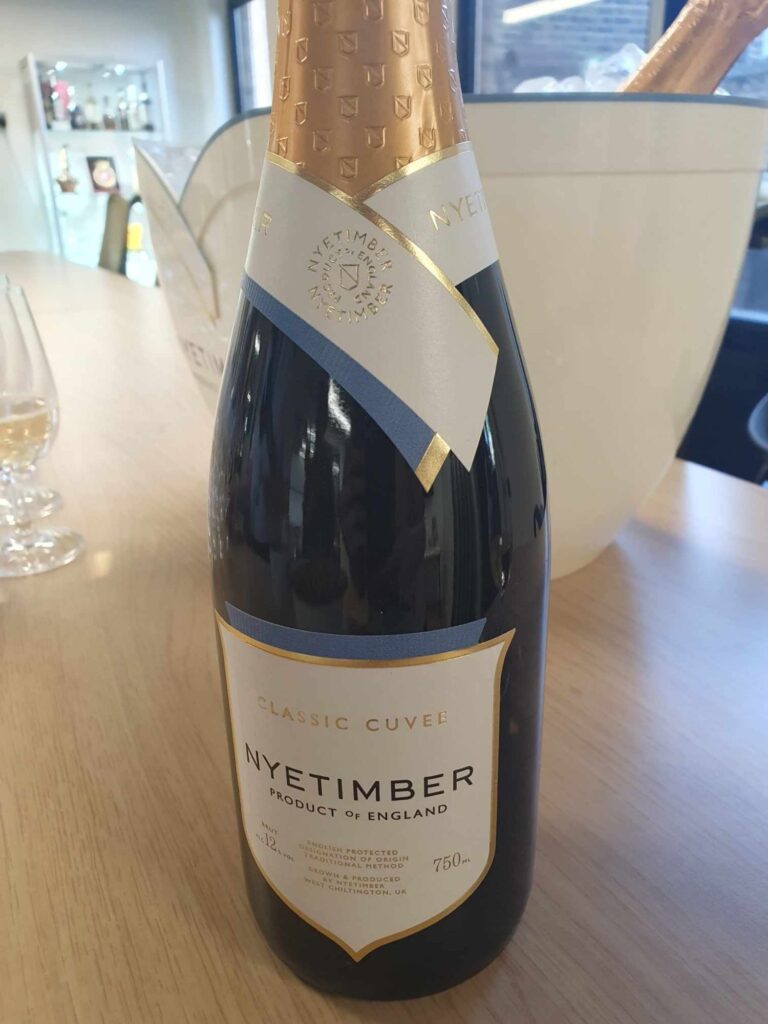
My take-home from that seminar was AI application has now been used in detecting each vine’s specific needs, this way an indiscriminate spraying, implying waste and cost, can be avoided. Also, British enologists are now working on clones that will increase the yield without quality compromise, in hopes that producers can make wines also at lower price points to attract more customers, rather than just one line of premium-priced products, which is now the case for most British wineries. Last but not least, more jobs are being created in the trade.
There is no doubt warming temperatures favour Britain as a winemaking country. Together with learning from lessons already learnt hard and raw by other forerunning countries, Britain does have a great advantage in winemaking in the decades to come. But again, global consumption is decreasing every year. So how well will British wines steal customers from other countries, only time will tell.
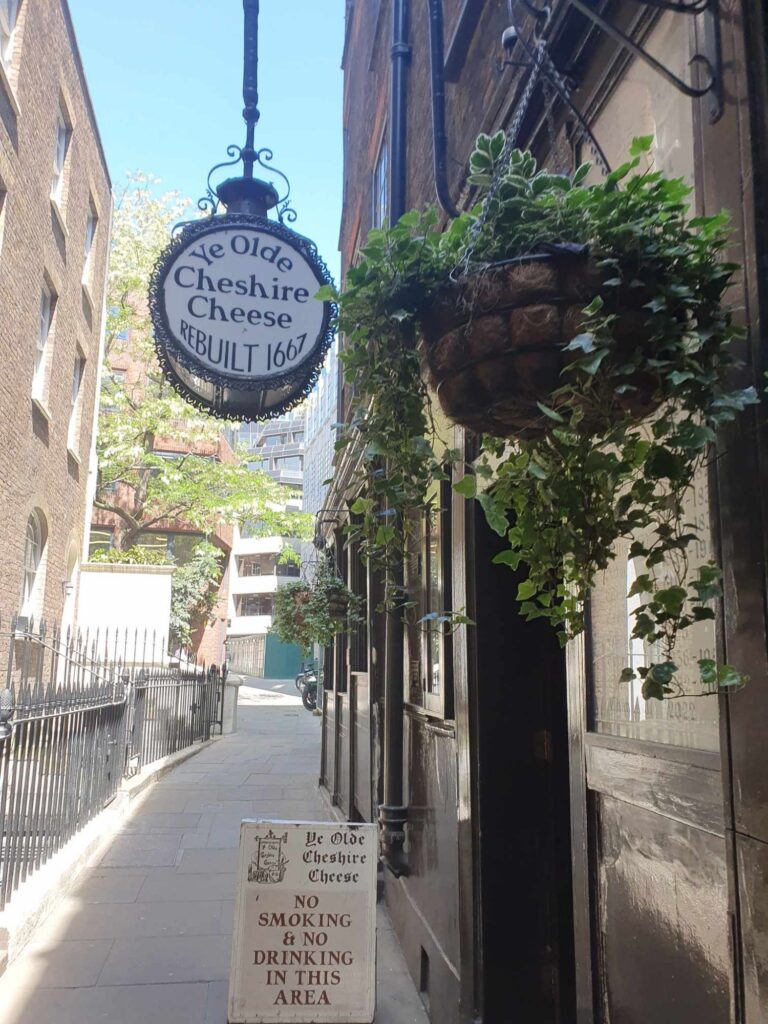
The next day, May 14th, I had lunch with a WSET Diploma mate at Ye Olde Cheshire Cheese, a pub Charles Dickens used to frequent. We ordered a Ploughman’s lunch to share. The cold meat pie brought me right back to the 2018 Christmas fair at Ely Cathedral, where cold meat pies and warm mulled wine were served.
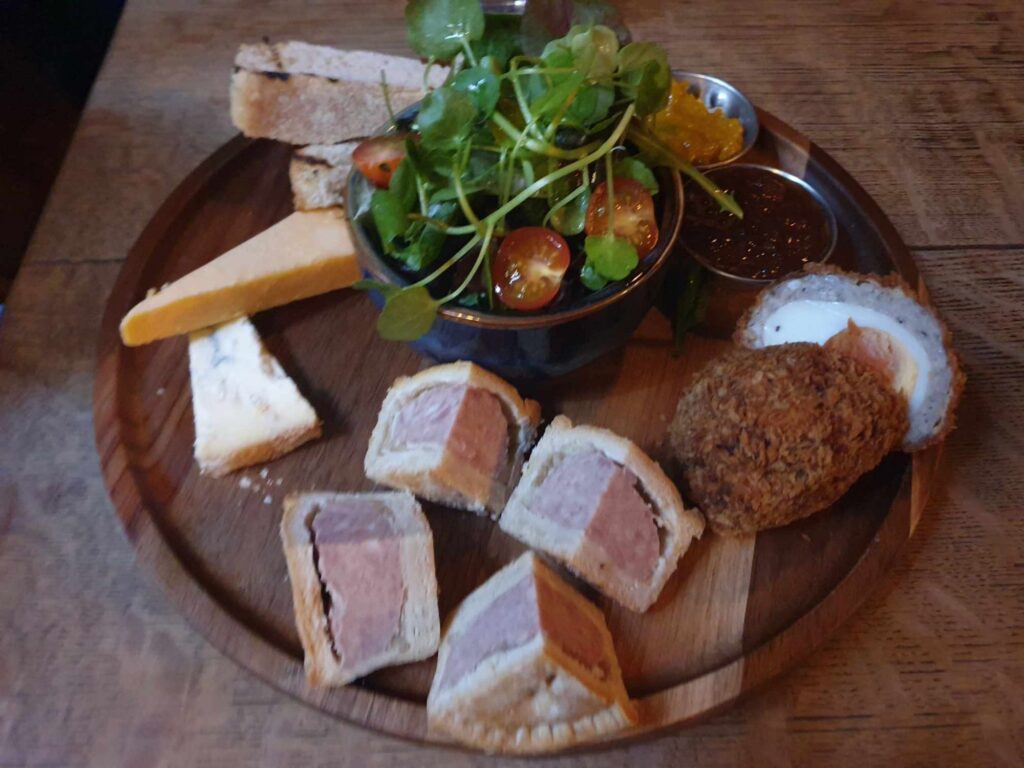
Instead of warm mulled wine, I had my pie with a well-chilled cider, which was a slightly sweet reminder of the exam being over.
